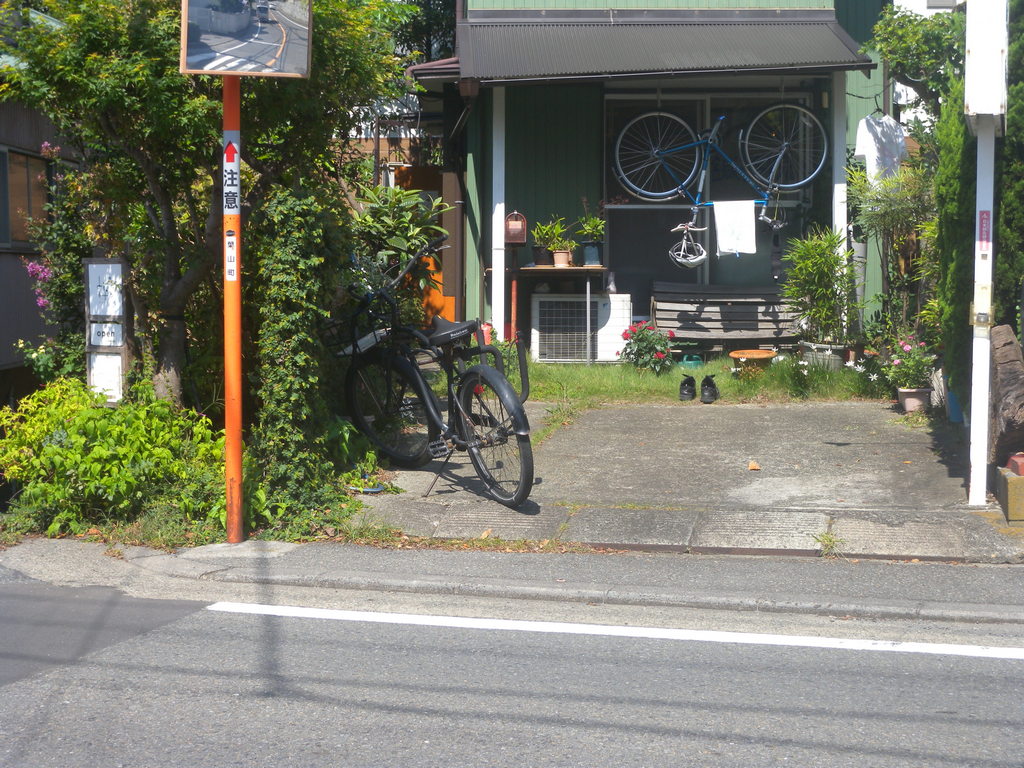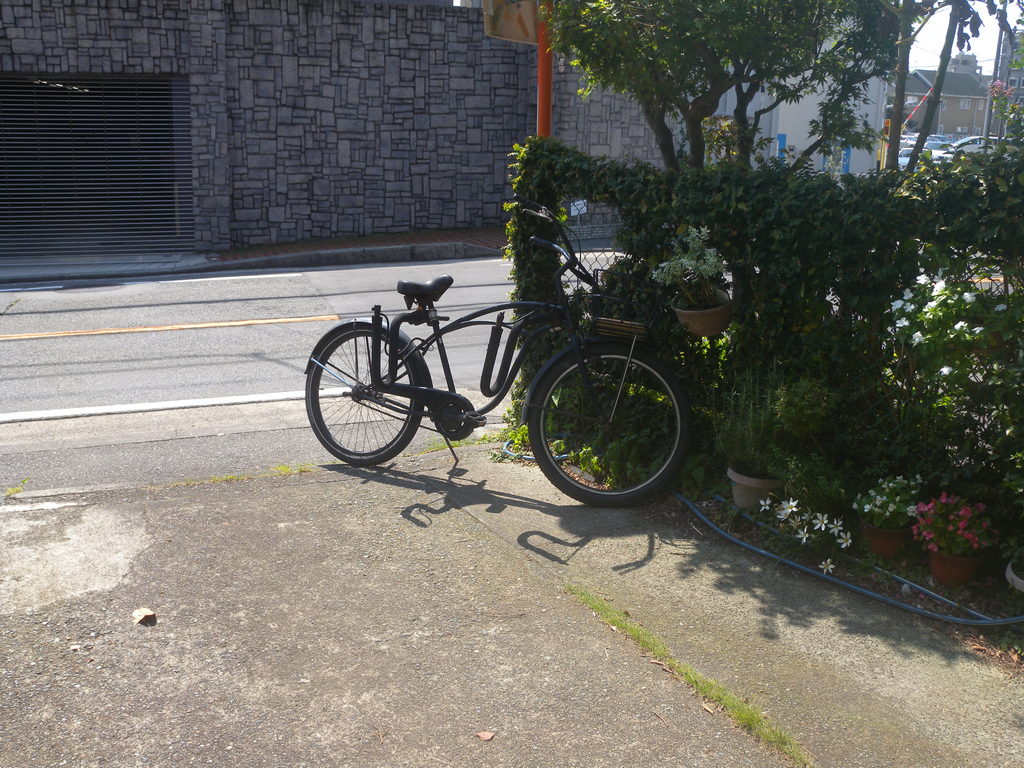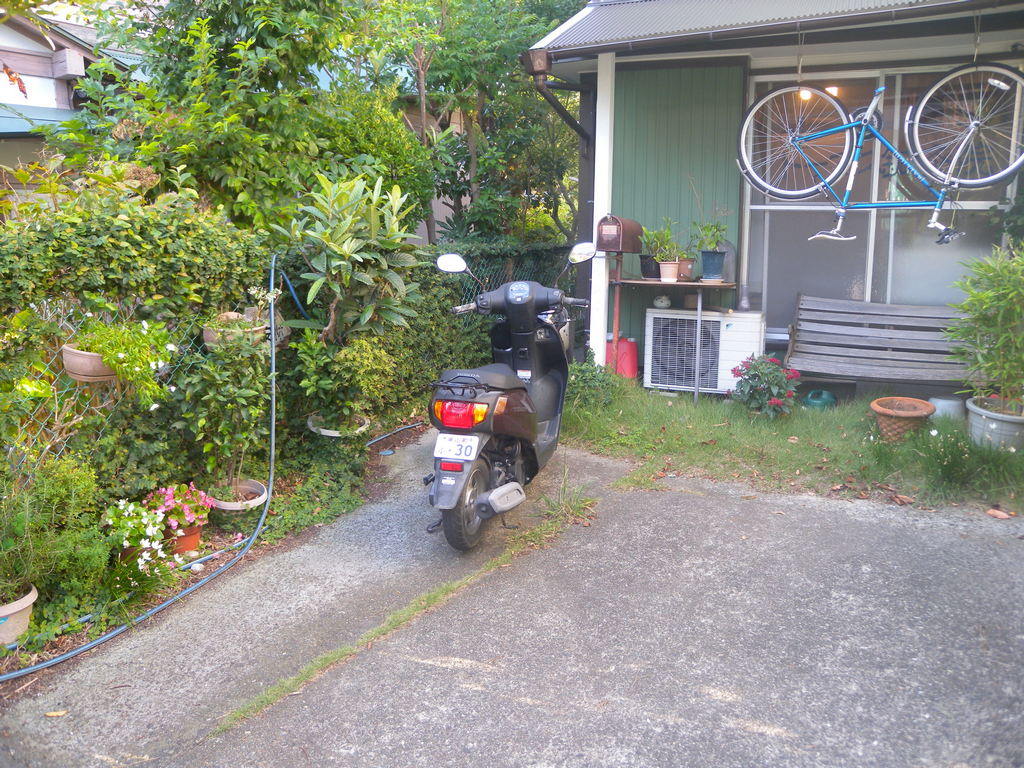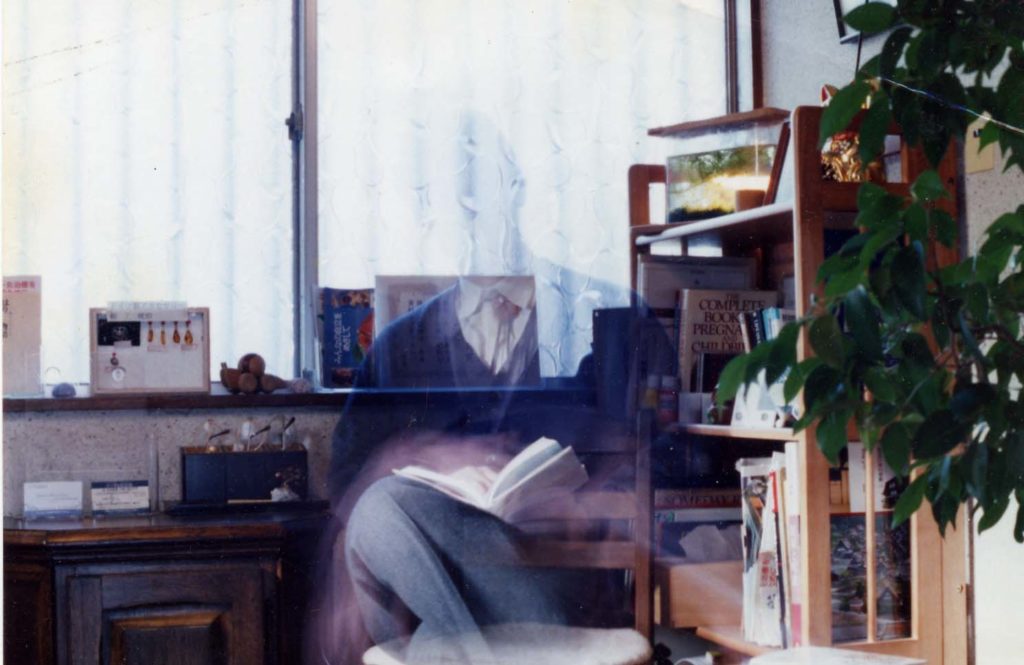It is already more than 40 years ago. I was young and had recently come to Japan. Although I had been practicing Aikido and Tai Chi in Germany and came to Japan to study Kyudo, the traditional way of Japanese archery, this most probably did not significantly affect the experience I am going to describe.
In the past I mostly avoided talking about this event, because I felt that talking about it would both be interpreted as boasting and possibly find little understanding among any potential listeners. Maybe this view was wrong.
I was still very young, about 24 years. Living in a very small house on a hill at the pacific coast of Japan in a small town called Kamakura. On t his particular early summer day the sun was shining warm and bright. The sliding doors of my tiny “living room” opened on ta little not so well attended garden. Not being an employee I was free to enjoy my breakfast at a later time than many other people, so I think it was past 9 o’clock.
On this morning I opened my sliding doors, put a little self-made table next to the widely opened doors overlooking the garden with the sunlight slanting in from the left. My breakfast really was nothing special. I had ordinary white bread with a little strawberry marmalade, very far from being wholesome health food. Also, I did not do any sort of meditation or even assumed a proper or dignified posture of any kind. I was just sitting there on the floor with crossed legs, munching my breakfast and enjoying the warm sunshine.
Then suddenly, literally my “view of the world” changed. I remember sitting overlooking my garden, which actually ended in a stone wall blocking the view beyond, but the next moment this view of the world slid open like the shutter of a camera. The garden was still there, but at the same time I could see right through the mountain top in front of me onto the pacific ocean, which I knew was lying behind that mountain. And what had already been a brightly lit garden, was now inexplicably illuminated by a radiant light, although I think I could not locate the source of this light.
My view was not even limited by the ocean behind the mountain. It pierced the earth and the space beyond. No limitation I could identify. Simultaneously with this spatial see-through phenomenon time also became transparent. I am sure I perceive my own birth, sensing uncountable forgoing generations, witnessed my own growth, aging and death. Somewhere in the middle of this single line of time was a branch, my children I suppose. This was like a straight line drawn with a sharp pencil on a piece of white paper.
The transparency of time and space was not divided into two separate things. Just one. I would like to describe this experience with just one word: clear. Everything as perfectly clear. No questions.
Then the shutter snapped shut again, everything was back to normal, except for the memory of the event. Although I remember myself becoming transparent, after that moment I could not recall any finer details, or even reproduce portions of the experience in any genuine form. Now, all the questions were back too. How can I see through a mountain? How can I see my own birth and death, both temporal events at least decades away? What was it like to be “beyond questions”?
Although the details and essence of my experience are either lost, or more likely, locked away somewhere in my brain, or even directly in time and space, I know that I saw everything in a single moment. Today I am still just a normal person with as many or even more problems than everybody else, but I also believe, that the knowledge and memory of my experience has changed something in me. My life before and after that second of translucency changed significantly. One more thing seems to be apparent and undeniable: this experience was not brought about by some form of personal effort, training of the like, but should probably be described as a “gift from God”.
Currently I am not a follower of any particular religious belief. Yet, after my experience I could say, without blushing, I believe in God. Not the Christian God, nor any other description of a “God” found elsewhere, but in something that is far bigger than any of the religious systems ever designed by mankind. Something always present in everything, forever.
Not being a writer, I am afraid, this description of the only exceptional experience I ever had, will be everything but “clear”. Yet, I am also convinced, that there are other people with similar experiences. They will understand. And, if mankind manages to evolve beyond its current developmental stage, the day may come, when every human being will understand.
![]()






